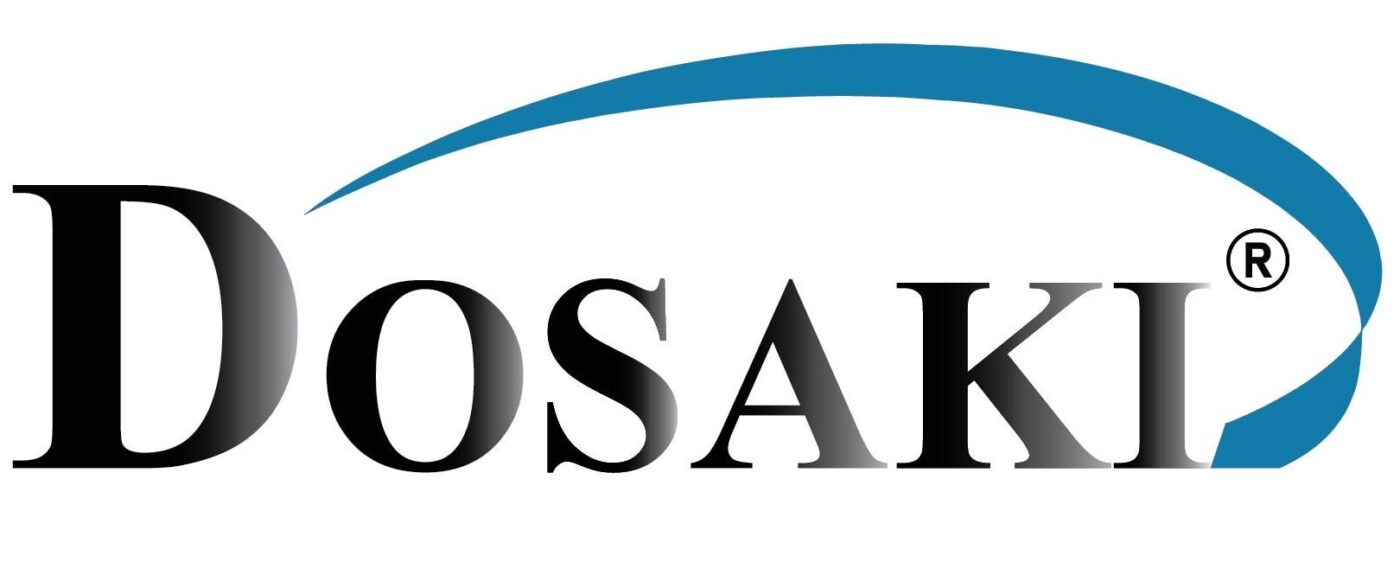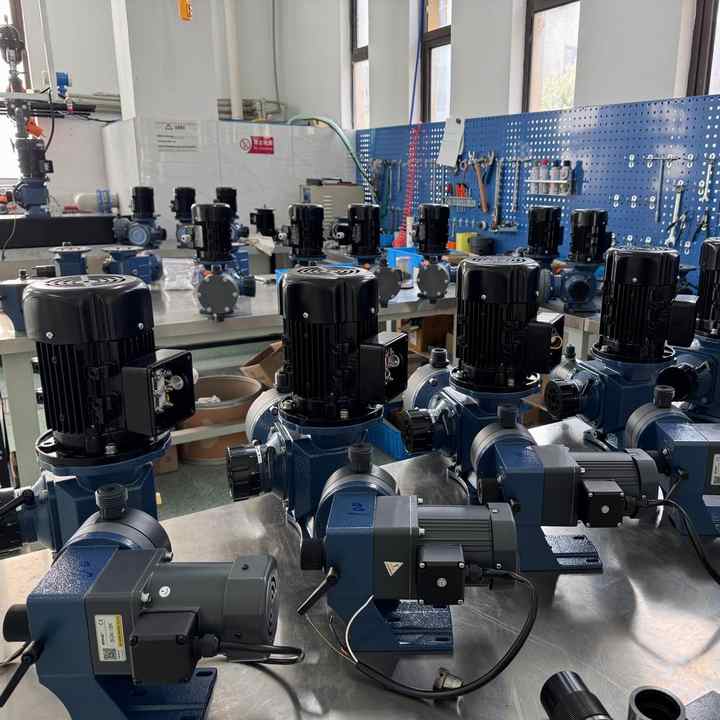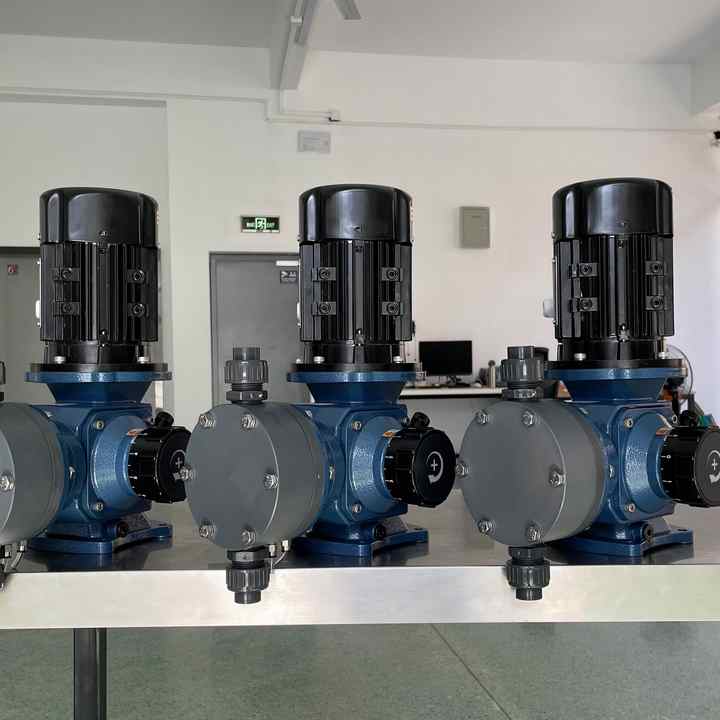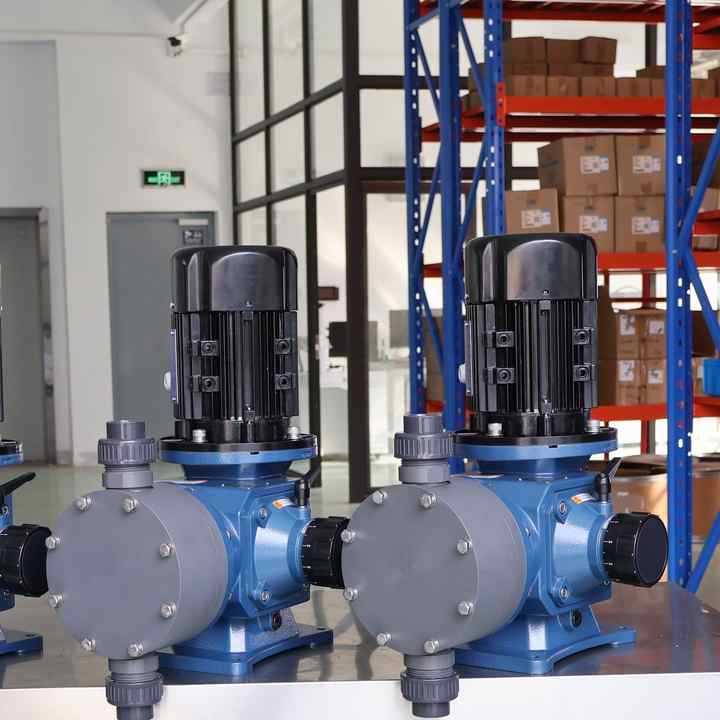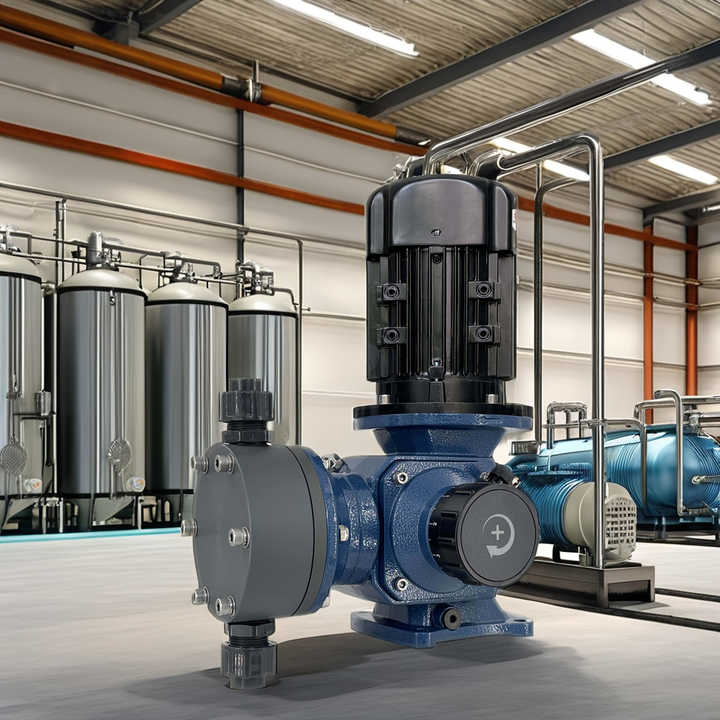Complete Guide to Choosing a Dosaki Metering Pump
Are you wondering which Dosaki metering pump is right for you? With so many types to choose from, it can feel overwhelming. Should you select one that’s cost-effective yet efficient? Which one works for highly concentrated acids, or what’s suitable for wastewater treatment industries? Navigating the maze of pump options is a challenge! Let’s simplify the process with this step-by-step guide to selecting the ideal Dosaki metering pump.
I. What is a Dosaki Metering Pump?
“Metering” refers to the process of measuring a specific volume or mass of liquid or solid within a defined time frame.
A Dosaki Metering Pump is designed to transfer or pump a precise volume or mass of liquid over a set period, as determined by the user’s settings.
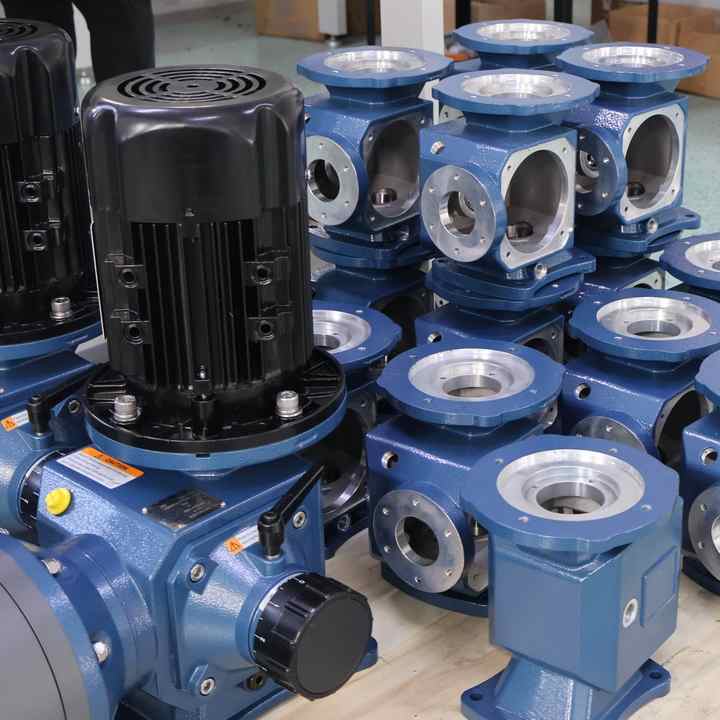
II. Key Considerations When Choosing a Dosaki Metering Pump
- Define Your Requirements
Before you choose a pump, it’s essential to determine your most crucial needs. Are you dealing with flammable gases for safety, or requiring high-pressure pumps up to 25 bar? Will you be pumping high-concentration acids or liquids with solids? The more challenging the requirements, the higher your investment may need to be. Focus on your specific needs to select the most suitable pump model and manufacturer.
- Choose the Right Type of Pump
Once you clearly define your requirements, selecting the correct pump type becomes easier. For example, if you need a pump for smaller flow rates, you might opt for models like Miltonroy P+ Series or Blu-white C600 for chlorine dosing.
After identifying the pump type, assess the required flow rate and choose the model that best meets these specifications. If you need assistance, simply reach out to us. A quick call can get you the pump you need in no time!
III. Types of Dosaki Metering Pumps
- Solenoid Metering Pumps
Solenoid pumps use an electromagnet to move the pump diaphragm. These are compact, low-cost pumps often featuring electronic controls. While simple in design, they’re ideal for low-flow applications (usually under 40 liters per hour).
Popular models we offer include:
- Pulsafeeder L Series
- Prominent C Series
- Hana BL Series
- Miltonroy P+ Series
- Diaphragm Metering Pumps
These pumps use a diaphragm (often made of Teflon) to create a vacuum and discharge liquid. The diaphragm’s movement, powered by a motor and cam system, helps transfer fluids with precision. Diaphragm pumps are commonly used in chemical processing, wastewater treatment, and food industries due to their durability and ability to handle various liquid viscosities.
Popular models include:
- Prominent VAM D Series
- OBL M Series
- Miltonroy G Series
- Piston Metering Pumps
Piston pumps are robust and capable of high pressures, making them ideal for challenging applications. These pumps are constructed with a cylinder and piston mechanism, and the flow rate is controlled by the length or frequency of the piston stroke.
Common models we distribute:
- Injecta TP Series
- OBL R Series
- Hydraulic Metering Pumps
Hydraulic pumps combine the pressure capabilities of piston pumps with the leakage prevention of diaphragm pumps. These are suitable for harsh environments where high pressure and zero leakage are crucial.
Typical applications include the pumping of abrasive chemicals and toxic substances, where strict leakage control is required.
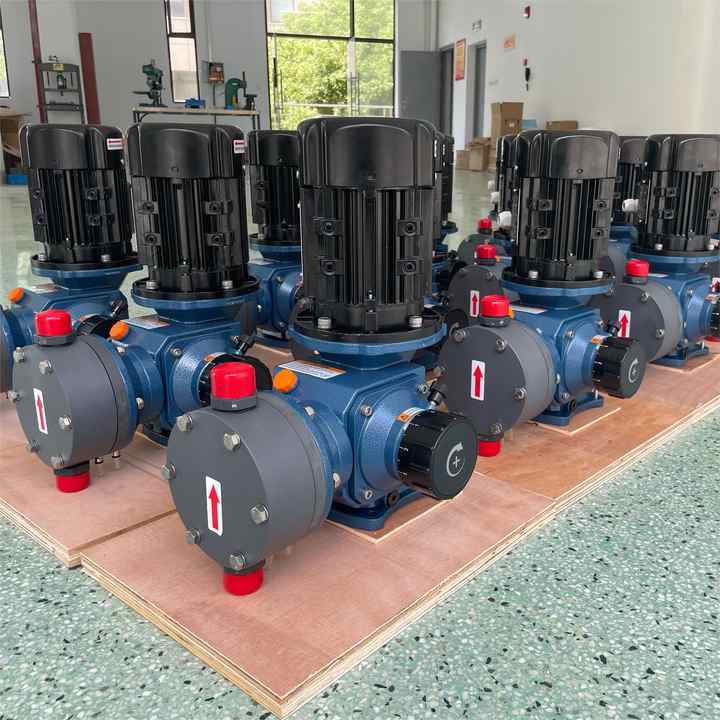
IV. Choosing the Right Flow Rate and Pressure
Once you have selected the type of pump, the next step is determining the required flow rate and pressure.
- Flow rate: The required flow should be 1.2 to 1.3 times the actual flow rate needed, depending on the density of the pumped liquid.
- Pressure: Refer to the pressure charts for your pump to match the required specifications.
V. Choosing the Right Materials
The materials in direct contact with the pumped liquid (such as the pump head) should be chosen carefully. For example, using SS316 for H2SO4 (70%) can quickly result in corrosion. For highly corrosive fluids, PVDF (Kynar) is recommended for its resistance to chemical corrosion.
Selecting materials requires consulting manufacturer catalogs and researching chemical compatibility tables to ensure the longevity and performance of the pump.
This guide should give you a clearer path to selecting the right Dosaki metering pump for your needs. If you still have questions or need additional assistance, feel free to contact us! Our experts are here to help guide you through the selection process.
Contact Us: Vimex Corporation
Our team of engineers and technicians is ready to provide expert advice on your Dosaki metering pump needs.
This version focuses on clarity and provides a professional tone while keeping the content structured and comprehensive. Let me know if you’d like further revisions!
